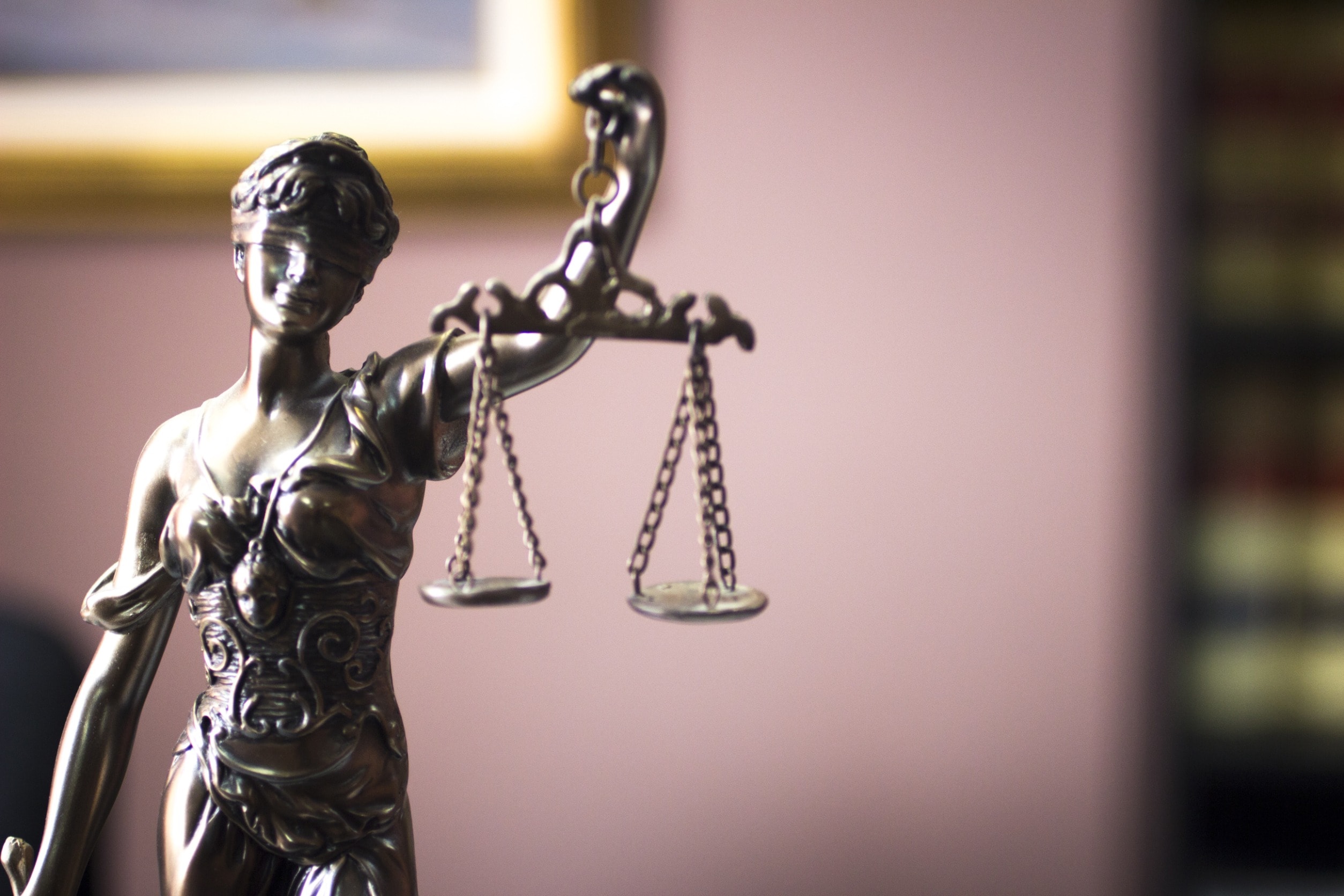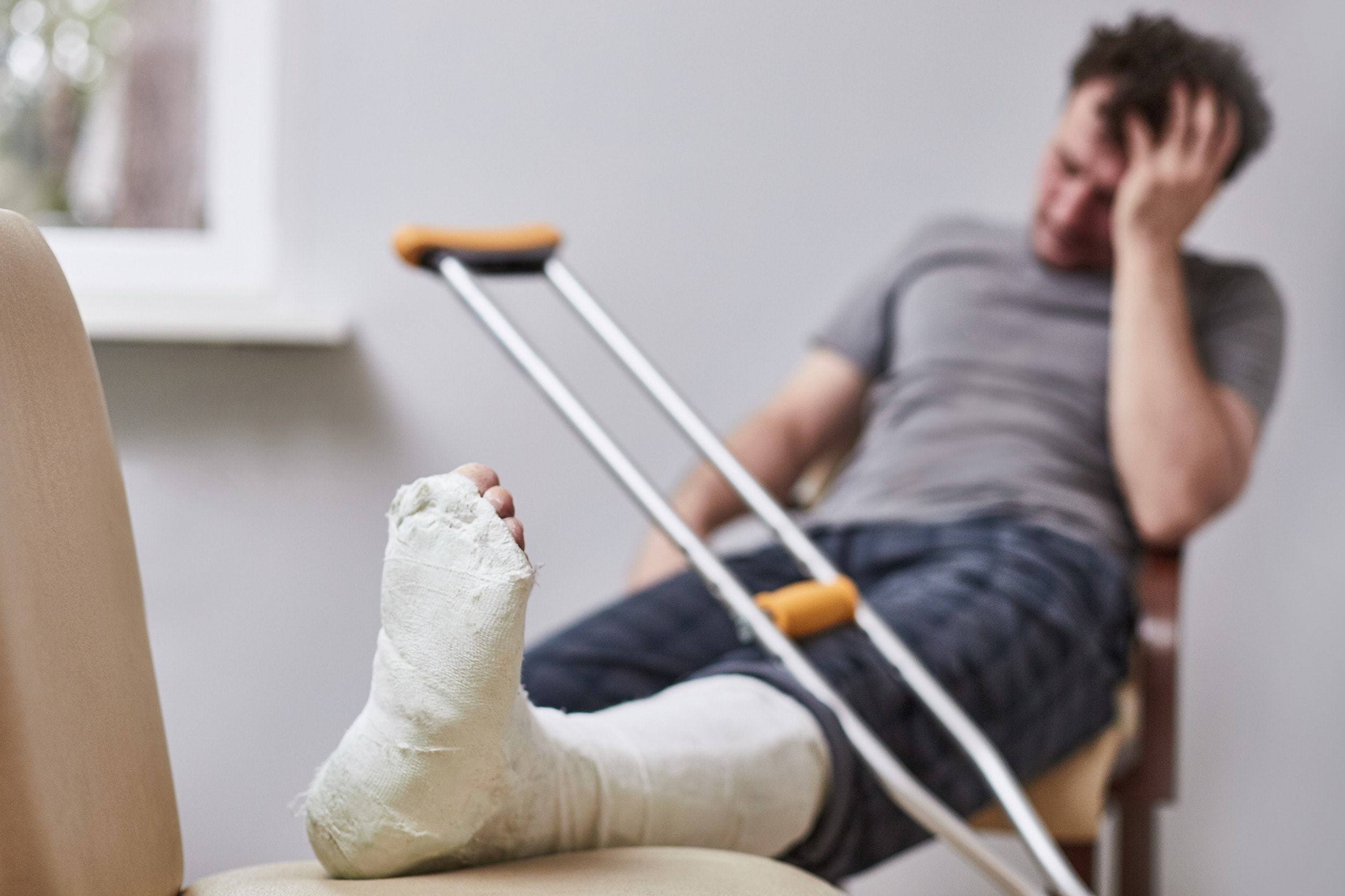Last updated 23 July 2025. If you want to make a personal injury claim in Scotland, you might be wondering if the law is different to the rest of the UK. In this guide, we’ll talk about the differences in legislation and how this could affect your claim.
We’ll also discuss when you could be eligible to make a claim and the potential forms of compensation you could receive if you were to make a successful claim. Our guide will also discuss whether or not you can make a claim in situations where you were partially at fault for your injuries.
Then, we’ll talk about how to claim on a No Win No Fee basis, and how Scottish No Win No Fee claims might differ from the rest of the UK.
Contact Us
Our team of advisors are here to help. If you have any questions that our guide doesn’t answer, you can get in touch with our helpful team by:
- Calling us on 0800 073 8804
- Using the live chat feature
- Contacting us online
Can I Make A Personal Injury Claim in Scotland?
If you can prove that negligence occurred, then you may be able to make a personal injury claim in Scotland. This means that you need to be able to prove that:
- You were owed a duty of care.
- This duty was breached.
- You suffered harm because of this.
Different people can owe you a duty of care depending on where you are and what you’re doing. Some examples of these can include:
Road Traffic Accidents
All road users owe each other a duty of care. This means that they need to avoid causing harm or damage to one another (as well as themselves). To uphold their duty of care, all road users are expected to follow the Highway Code and the Road Traffic Act 1988.
For example, it’s against the law to drive while under the influence of drugs or alcohol. If a drunk driver drove through a red light and crashed into your car, causing you to become injured, then you may be able to make a claim.
Accidents In A Public Place
While you are in a public place, the person in control of that space owes you a duty of care. They need to use practical measures to ensure that you are reasonably safe while you’re there, as per the Occupiers’ Liability (Scotland) Act 1960.
An example of how this duty of care could be breached is if a fridge in a supermarket broke, causing a puddle of water to accrue. Despite being aware of this, none of the staff put out a wet floor sign, and you slip and fall on water as a result, causing a broken leg.
Accidents At Work
Your employer owes you a duty of care when you’re working through the Health and Safety at Work etc. Act 1974 (HASAWA). This act is in place to ensure that employers protect the well-being, health, and safety of their staff and requires them to take all reasonably practicable steps to do so.
For example, your employer needs to make sure that you get free and adequate training when you need it to do your job, If they fail to give you manual handling training, and you suffer a back injury as a result, then you may be able to make a claim.
Keep reading to learn about compensation in personal injury claims. Or, get in touch with our helpful team today to find out if you could make a personal injury compensation claim in Scotland.
How Much Personal Injury Compensation Can I Receive?
Personal injury compensation can be split into general and special damages:
- General damages cover the pain and suffering you endure as a result of your injuries, as well as a loss of amenity. This term refers to the impact your injuries have on your daily activities and quality of life.
- Special damages cover the financial losses you suffer because of your injuries. For example, if you are not able to work because of your injuries, then you may be able to claim for any lost earnings.
For claims made in England and Wales, the Judicial College Guidelines (JCG) can be used to help calculate compensation for general damages. That is because the document publishes guideline compensation brackets for various injuries. You can see a selection of these brackets in the table below, but please note that these don’t apply to Scottish claims. It’s also worth noting that the first entry in the table hasn’t been taken from the JCG.
| Injury | Compensation Bracket |
|---|---|
| Multiple Severe Injuries Plus Special Damages (e.g. Private Medical Treatments) | Up to £1,000,000+ |
| Very Severe Brain Damage | £344,150 to £493,000 |
| Less Severe Brain Damage | £18,700 to £52,550 |
| Chest Injuries (b) | £80,240 to £122,850 |
| Chest Injuries (c) | £38,210 to £66,920 |
| Moderate (i) Neck Injuries | £30,500 to £46,970 |
| Severe (iii) Back Injuries | £47,320 to £85,100 |
| Moderate (i) Back Injuries | £33,880 to £47,320 |
| Less Severe Arm Injury | £23,430 to £47,810 |
| Severe (iii) Serious Leg Injury | £47,840 to £66,920 |
Under special damages, you may also receive compensation for expenses related to:
- Prescriptions and private medical treatment.
- Extra childcare.
- Professional help with housework, cooking, and cleaning.
- Home adjustments.
- Mobility aids.
- Travel to medical appointments
- Counselling.
To claim under this heading, you need proof of your losses, such as bank statements, receipts, and invoices. Contact our team today for more information, or read on for more information on making a personal injury claim in Scotland.
How Long Do I Have To Make A Personal Injury Claim Scotland?
Similar to claims in England and Wales, you will ultimately have 3 years to begin your personal injury claim in Scotland. As set out by the Prescription and Limitation (Scotland) Act 1975, the time limit runs from either:
- The date that you experienced the accident.
- The date that you became aware or should have known that you suffered an injury due to someone else’s negligent actions.
However, the 1975 act puts a pause on the time limit in cases where the claimant is:
- Under the age of 16, and therefore cannot make injury claims in Scotland independently. From their 16th birthday, they will then have 3 years to begin their claim.
- The claimant has a ‘legal disability,’ meaning they lack the mental capacity to pursue compensation by themselves. If mental capacity is regained, the 3-year time limit will begin from the date of recovery.
In the above situations, eligible adults could apply to become a litigation friend to help start a claim on behalf of a loved one during the time limit pause. Litigation friends are often parents, guardians, close family members, and even solicitors who help make decisions in a claimant’s best interests throughout the process.
Our friendly advisors are here to help you with information about Scotland personal injury claims. Whether you’re unsure if you have enough time to claim or would like to learn about being a litigation friend, please contact our team today.
Is Personal Injury Compensation in Scotland Taxable?
Some people are put off from making a claim because they worry that their compensation will be taxed. However, there’s no need to be worried because personal injury compensation is not subject to either income tax or capital gains tax.
To learn more about compensation in personal injury claims made in Scotland, contact our team of advisors. Or, you can read on to learn about what to do if you were partially at fault for the accident in the next section.
Can I Claim If I Was Partly At Fault For The Accident?
You might still be able to make a personal injury claim in Scotland if you were partially at fault for the accident. This is called comparative negligence, and it applies to those who played a part in the accident that caused their injuries, but aren’t fully to blame.
Comparative negligence means that your compensation will be reduced in accordance with how much you are to blame. For example, if the Court finds that you are 50% liable, your compensation will be reduced by 50%. If they find you to be 25% liable, your compensation will be reduced by 25%.
We understand that this might seem complicated, so our advisors are on hand to help. If you were partially responsible for the accident that caused your injuries, get in touch with our team today. Or, read on to find out how one of our personal injury solicitors could help you make a No Win No Fee claim.
Why Make A Personal Injury Claim in Scotland On A No Win No Fee Basis?
So, why should you make a claim with a No Win No Fee solicitor? We always recommend working with a specialist personal injury solicitor on your claim, because their help can make the personal injury claims process feel much less complex.
One of our expert No Win No Fee solicitors could help you make a personal injury claim in Scotland under the Civil Litigation (Expenses and Group Proceedings) (Scotland) Act 2018. Under this kind of agreement, you can access all of the expert services offered by our legal representatives without having to pay a solicitor’s fee:
- Upfront.
- As the claim goes on.
- If the claim fails.
Should you make a successful personal injury claim, then your solicitor will be due a success fee. This fee is for the work done on a case and is taken as a legally capped percentage of the compensation.
Contact Us
If you’d like to learn more about how one of our Scottish personal injury solicitors could help you claim compensation, contact us today.
They can offer a free consultation, through which you can access free legal advice and more information on the benefits of working with No Win No Fee personal injury solicitors in Scotland. To start your free consultation:
- Calling us on 0800 073 8804
- Using the live chat feature
- Contacting us online
More Resources About Making A Personal Injury Claim
For more information on making a personal injury claim:
- Learn how to make a claim for a personal injury on a golf course.
- Find out if you could make a compensation claim for slipping on ice.
Or, for further resources:
- Learn when to call 999 from the NHS.
- Find out how to request CCTV footage to use as evidence from Gov.UK.
- Get advice and guidance from the Health and Safety Executive (HSE) Scotland.
Thank you for reading our guide on how to make a personal injury claim in Scotland.





